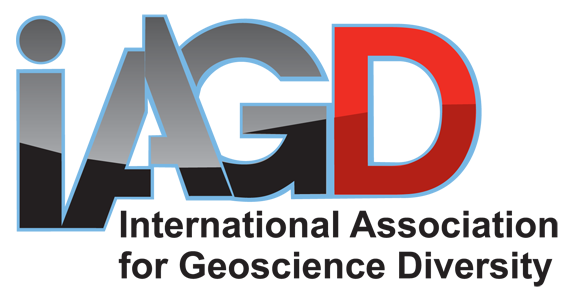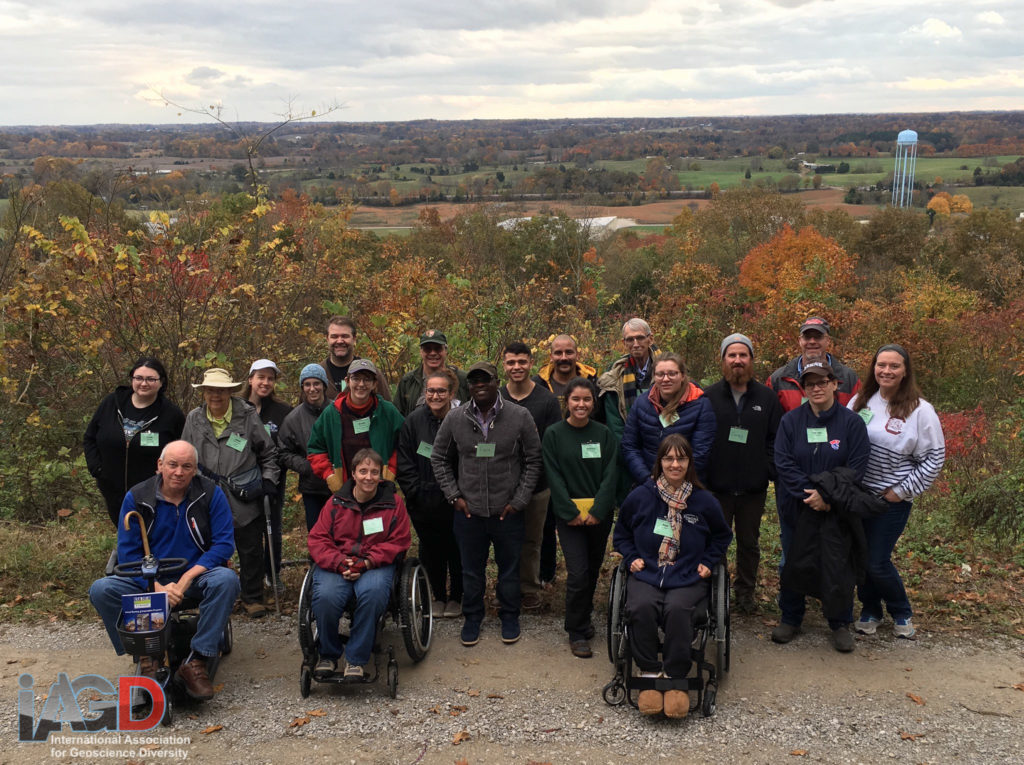The following information is for both the GSA and AGU annual meetings and includes example sessions that are relevant to access and inclusion in the geosciences. Many more sessions are being offered and we encourage you to browse all sessions for each of the meetings to find one that best matches the work you want to present.
2014 Geological Society of America Annual Meeting
Vancouver, British Columbia
October 19-22
***Don’t forget to ensure that your passport is up to date!
Abstract Submission (Deadline Tuesday, 29 July 2014): http://community.geosociety.org/gsa2014/science/sessions
Student Travel Grants: http://community.geosociety.org/gsa2014/students
T52. Preparing Our Workforce (POW): Increasing Students’ Employability by Developing Practical Skills and Competencies
Co-conveners: Heather R. Houlton, Richard Spruill, Ann Johnson
Retirement of professionals is causing an increased demand for trained geoscientists in the private sector. To meet this demand, we need to effectively prepare students to enter the workforce by developing practical skills and competencies.
T58. Global Geoscience Education Research: Fostering Collaboration across Geographic and Cultural Borders
Co-conveners: Jacqueline Dohaney, Alison Jolley
This session aims to highlight geoscience education research themes and challenges across cultural, national, and geographic borders to unite a globally relevant but disjointed research community.
T62. Supporting Student Success in Colleges and Universities
Co-conveners: Robert H. Blodgett, Norlene R. Emerson, Bruce E. Herbert
Presentations can address working with underserved subpopulations (e.g. first generation students, students with disabilities), promoting self-reflection and metacognition, motivating students, improving study skills, reducing math/science/nature anxiety and stereotype threat, and other topics.
T78. Engaging the Next Generation of Geoscientists: Effective Educational Strategies That Broaden Participation and Prepare Diverse Learners for Advanced Study and Careers in the Earth Sciences
Co-conveners: Shondricka Burrell, LeAnne Teruya
This session focuses on effective educational practices, strategic course design, and methodologies that foster learning, demonstrate relevance, develop critical thinking/problem-solving skills, broaden participation, and engage communities historically underrepresented in STEM in the study of geology.
T148. Increasing Diversity in Geological Survey Workforce
Co-conveners: Harvey Thorleifson, Vicki S. McConnell, Jonathan G. Price, Marilyn J. Suiter
Diversity in leadership and workforce in (state) geologic surveys is important in establishing a talented worker pool and embracing diverse scientific ideas. This session shares strategies for innovative and successful programs.
American Geophysical Union Fall Meeting
San Francisco, California
December 15-19
Student Travel Grants (Application Deadline: 13 August 2014): http://fallmeeting.agu.org/2014/people/students/student-travel-grants-and-scholarships/
Abstract Proposals (Abstract Submission Deadline: 6 August 2014): http://fallmeeting.agu.org/2014/scientific-program/
Geoscience Workforce Issues: Demography, Gender, and Diversity
Session ID#: 1565
Session Description:
While the number of students earning degrees in the geosciences has increased slightly in the last few years, the number of professionals leaving the workforce has increased more rapidly. With a projected increased the in number of positions available to geoscientists the difference between the supply trained geoscience professionals and the demand for their services is expected to grow substantially in the next decade. This session will explore issues affecting the supply of geoscientists including general demography, increasing gender equity in many fields, and a persistent lack of diversity caused by small numbers of students from underserved groups entering the field.
Primary Convener: Dallas D Rhodes, Georgia Southern University, Statesboro, GA, United States; Humboldt State University, Arcata, CA, United States
Co-Convener: Chris Keane, American Geosciences Institute, Alexandria, VA, United States
Increasing the Diversity of Undergraduate Students in the Geosciences
Session ID#: 3415
Session Description:
Geoscience has the lowest ethnic and racial diversity of any STEM discipline and is often viewed as a difficult choice for students with physical disabilities. In order to successfully meet environmental and resource challenges that are becoming more globalized students from diverse backgrounds need to be engaged in and enter the geosciences. Successful programs and strategies in recruitment and retention of this future workforce require that we attract diverse students into the geosciences by understanding various social and ethnic barriers, provide support within our programs, and assist them as they transition into the workforce or higher education. This session will focus on strategies for increasing the diversity of students graduating from all types of programs and supporting their successful entry into the workforce. Notable strategies for attracting and retaining minority and non-traditional students include traditional departmental programs; inter- institutional programs, community-based approaches, and opportunities made possible through technology.
Primary Convener: Joshua I Villalobos, El Paso Community College, Geological Sciences Discipline, El Paso, TX, United States
Co-Convener: Diane Irene Doser, University of Texas at El Paso, Geological Sciences, El Paso, TX, United States
Virtual Mechanisms for Supporting Underrepresented Minority Student Recruitment and Retention
Session ID#: 2461
Session Description:
Co-curricular activities such as mentoring and learning communities are a valuable way to increase student recruitment and retention, particularly for students who are members of underrepresented minorities and first generation college students. However, there are challenges in providing these opportunities to all students, particularly when the students are attending small schools or are located in rural areas. Virtual mechanisms offer readily sustainable options to support reciprocal mentoring, advance professional goals, and maintain continuity of shared networks for underrepresented and first generation college students who might not otherwise have access to these opportunities. Jointly organized by AGU, the American Geosciences Institute, and the Institute for Broadening Participation, this session will highlight programs that have successfully contributed to broadening participation though virtual mechanisms.
Primary Convener: Heather R Houlton, American Geosciences Institute, Alexandria, VA, United States
Co-conveners: Lois Ricciardi, Institute for Broadening Participation, Damariscotta, ME, United States, and Bethany Holm Adamec, American Geophysical Union, Washington, DC, United States








